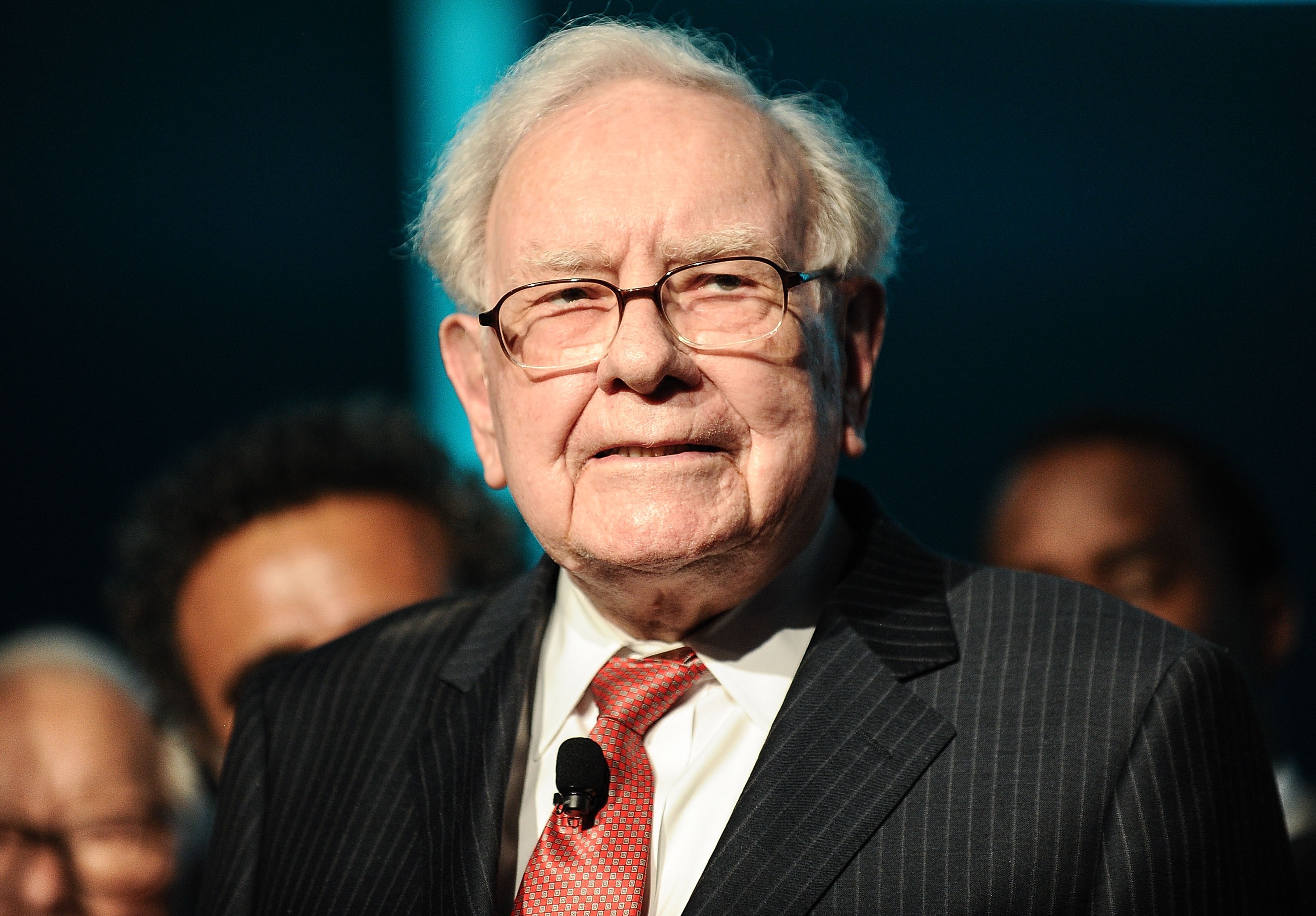Vanna White: Friendship Update with Pat Sajak After Wheel Exit
Vanna & Pat: 'Wheel of Fortune' Friendship Turns a New Page
The End of an Era? Not Quite! Vanna White's Update on Pat Sajak
You know them, you love them. For over four decades, Vanna White and Pat Sajak were as synonymous with "Wheel of Fortune" as consonants and vowels. But as Pat Sajak steps away from the iconic game show, fans have been wondering: what happens to their enduring friendship?
Fear not, puzzle solvers! Vanna White has offered a reassuring update, proving that their bond extends far beyond the spinning wheel. Let's delve into what she had to say and what it means for the future of this beloved duo.
Vanna's Heartfelt Confession: "We're Friends!"
In a recent interview with TV Insider, Vanna White put all rumors to rest. "I still see him! We’re friends. We have dinner! Yeah, he’s still in my life," she revealed.
Isn’t that the best news ever? It’s a testament to a friendship forged in the spotlight, a connection that transcends the television screen. These aren’t just co-workers; they’re genuinely good friends.
The Comfort of Familiarity: Slipping Into Something Cozy
Vanna beautifully described their relationship as, "It’s like slipping into something very comfortable. I mean that in the best possible way. It’s just comfortable."
Think about your oldest, dearest friends. The ones you can be yourself around, no pretense, no filter. That's the vibe Vanna is conveying. It's a deep-seated comfort level that only years of shared experiences can create.
Saying Goodbye: A Bittersweet Farewell
Even with the knowledge that their friendship will continue, Vanna admitted that Pat's departure was a difficult pill to swallow. "It was sad for me in a way because [at the time] I didn’t know what the future held. It was ending an unbelievable era!" she confessed.
A Chapter Closed, But the Story Continues
Think of "Wheel of Fortune" as a book, and Pat's departure as the end of a major chapter. It's natural to feel a tinge of sadness when a familiar storyline concludes. But remember, the book isn't over! New chapters are being written, and the characters we love are still around, albeit in slightly different roles.
From Co-Hosts to Confidantes: How Their Bond Deepened
Their relationship wasn't just about calling out letters and turning boards. It evolved into a genuine friendship over four decades. They supported each other through thick and thin, both on and off-screen.
Laughs, Tears, and Turning Tiles: A Shared History
Imagine all the behind-the-scenes moments, the inside jokes, the shared victories and minor mishaps. That's the stuff that forges a strong friendship. It's not just about the glitz and glamour; it's about the human connection.
Dinner Dates and Deeper Conversations: Beyond the Wheel
Vanna's reveal that they still have dinner dates speaks volumes. It shows that their connection is substantial enough to exist outside the pressures and demands of television production. It's about genuine companionship and enjoying each other's company.
Unlocking the Puzzle of True Friendship
Sometimes, the most rewarding relationships are the ones that defy expectations. Vanna and Pat have proven that work relationships can blossom into something more profound. It's like unlocking a hidden puzzle, revealing a beautiful picture of lasting friendship.
What’s Next for Vanna White?
With Ryan Seacrest stepping into Pat's shoes, Vanna is embarking on a new chapter in her "Wheel of Fortune" journey. While she cherishes the memories with Pat, she's also embracing the future with enthusiasm. It's an exciting time for both her and the show.
A New Spin on an Old Classic
It's important to remember that change can be good. New energy, new perspectives, and new dynamics can breathe fresh life into a beloved format. Vanna's adaptability and positive attitude will undoubtedly contribute to the show's continued success.
Pat Sajak: The Next Chapter
While he might not be turning letters anymore, Pat Sajak is likely exploring new avenues and enjoying a well-deserved break. He has spent a lifetime devoted to entertaining the world, it's time to enjoy life outside the spinning wheel.
From Game Show Host to… What?
Will he write a book? Travel the world? Spend more time with his family? The possibilities are endless. One thing is for sure: Pat Sajak has earned the right to do whatever brings him joy.
Why Their Friendship Matters
In a world where celebrity relationships often seem fleeting and superficial, Vanna and Pat's enduring friendship is a refreshing reminder of the power of genuine connection. Their bond is a testament to the fact that true friendship can withstand the test of time and the pressures of fame.
A Beacon of Positivity
Their on-screen chemistry and off-screen camaraderie have always been a source of joy for viewers. They've provided entertainment and comfort for generations, and their friendship continues to inspire.
Their Legacy on "Wheel of Fortune"
Pat Sajak and Vanna White are more than just hosts; they're integral parts of the "Wheel of Fortune" legacy. They helped to shape the show into the cultural phenomenon it is today.
A Puzzle Piece Complete
Together, they formed a perfect puzzle piece that fitted perfectly on the screen. It is a unique combination of charisma and teamwork that kept people watching all these years.
The Impact of Their Partnership
Their dynamic created countless memorable moments, filled with laughter and fun. They proved that strong partnerships are invaluable.
A Winning Formula
Their partnership will continue to serve as a testament to how teamwork can lead to success.
Fan Reactions to Their Friendship
It’s clear that fans cherish the off-screen friendship of Vanna and Pat just as much as their on-screen partnership. There's a collective sigh of relief knowing that their bond remains strong.
Online Buzz
Social media is buzzing with supportive comments and expressions of appreciation for their enduring friendship. It's a heartwarming reminder that people appreciate genuine human connection.
The Secrets to Their Lasting Bond
What are the secrets to their enduring friendship? Perhaps it's their shared sense of humor, their mutual respect, or their ability to support each other through challenges.
Beyond the Camera
There is a certain element of admiration that transcends what is seen on television that is an important dynamic to their friendship.
What We Can Learn From Vanna and Pat
Vanna and Pat teach us the importance of building genuine relationships, supporting our friends, and embracing change with grace and optimism. Their friendship is a shining example of what true connection looks like.
Values
Values like honesty, loyalty, and respect are all values that we can take away from the friendship of Vanna and Pat.
A Friendship for the Ages: Why It Resonates
Ultimately, Vanna and Pat's friendship resonates because it's relatable. It reminds us of the importance of human connection and the joy of having someone to share life's journey with.
Something Special
There is something about the way that they have shared their lives with us that makes them special. They are so special that it resonates across generations.
Conclusion: A Friendship That Spins On
Despite the changing landscape of "Wheel of Fortune," one thing remains constant: the enduring friendship between Vanna White and Pat Sajak. Their bond, forged over decades of laughter, shared experiences, and mutual respect, continues to thrive, proving that some connections truly are for a lifetime. So, while the wheel may keep spinning with new faces, the heartwarming story of Vanna and Pat's friendship will undoubtedly endure, reminding us of the importance of genuine human connection in a world often dominated by fleeting trends.
Frequently Asked Questions
- Will Vanna White continue hosting "Wheel of Fortune"?
Yes, Vanna White will continue as a co-host on "Wheel of Fortune" alongside new host Ryan Seacrest. - What is Pat Sajak doing now that he has left "Wheel of Fortune"?
Pat Sajak has not yet announced his next project. He is likely enjoying retirement and exploring new opportunities. - How long were Vanna White and Pat Sajak co-hosts on "Wheel of Fortune"?
Vanna White and Pat Sajak co-hosted "Wheel of Fortune" for over 40 years. - Are Vanna White and Pat Sajak married?
No, Vanna White and Pat Sajak have always maintained a platonic friendship, despite their close working relationship. - How can I stay updated on Vanna White's career and personal life?
You can follow Vanna White on social media and stay tuned to entertainment news outlets for updates.









